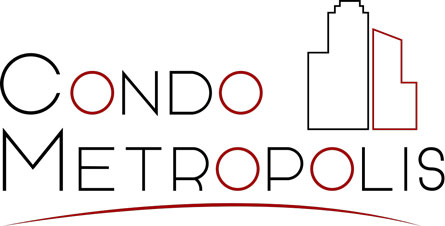-
Governor Crist had until June 1, 2010 to act on SB 1196. While I have included bullet point explanations of some of the changes, over the next few weeks please check for more in depth information about how these new provisions will impact your association’s operations.
Attention: If you are a non-paying, non-resident unit owner and lease your unit, the association may demand future payments of rent from the tenant to satisfy your financial obligations, without filing a lawsuit first.Â
Community associations across the state are breathing a sigh of relief – many of them will not be required to retrofit the buildings with fire sprinklers or install fire alarms, both expensive propositions in light of the record number of foreclosures and budget shortfalls. In most cases elevator upgrades can be put off for five (5) years – hopefully the residential market will gain stability in that time, making the costs associated with the elevator improvements easier to fund.
Legislators all over the state heard complaints about the repair, upkeep and staffing requirements associated with recreational facilities. Paying unit owners were demonstrably upset (justifiably so) that non-paying owners could enjoy the use of the recreational facilities, in some cases precluding paying owners from use due to over-crowding. Under this new law, associations can suspend the use of recreational facilities if assessments are more than ninety (90) days past due. Of course, associations cannot suspend any utility services, parking spaces or means of access to the unit. The effectiveness of suspending use rights remains to be seen, but the provision itself should make owners think twice before defaulting.
This bill also includes the “Distressed Condominium Relief Act”.  While the act doesn’t protect buyers that acquire title after July 1, 2012, it will impact condominium associations for a number of years with respect to warranty, construction, accounting claims and the like.
(407) 901-5161
Orlando Property Enterprises | All rights reserved
